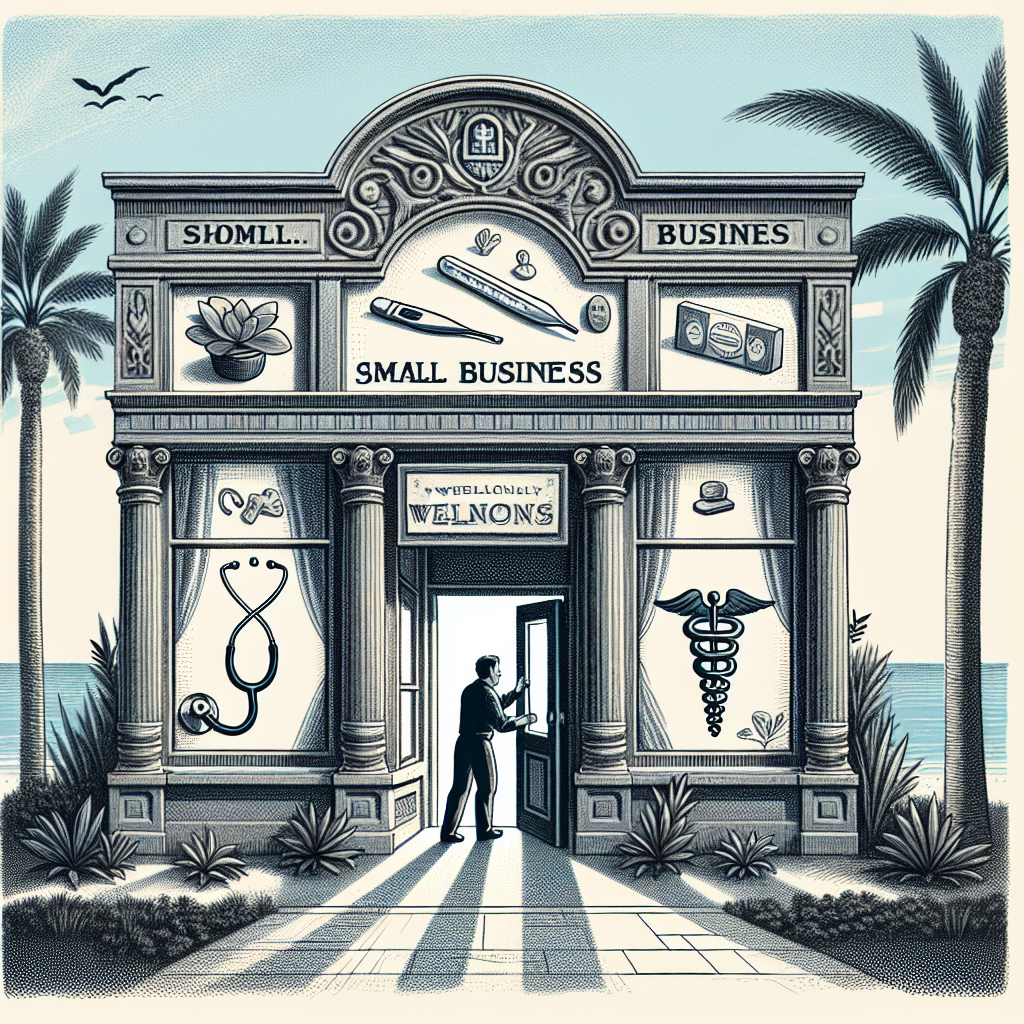Filed under Health Insurance on
Understanding Health Insurance After a Layoff

Navigating the complexities of health insurance can be daunting, especially after a layoff. Understanding health insurance options during this transitional period is crucial for maintaining coverage without breaking the bank. This guide sheds light on the pathways available, offering strategies to optimize your decisions.
Understanding Your Health Insurance Rights
After a layoff, it’s important to know your rights regarding health insurance. Under the Consolidated Omnibus Budget Reconciliation Act (COBRA), you may have the option to continue your employer-provided coverage. However, this can be costly, as you’ll be responsible for the entire premium.
Understanding COBRA Coverage
COBRA allows you to maintain your current health insurance, but at a price. Typically, the premium will include the amount previously covered by both you and your employer, plus a 2% administrative fee. Despite the cost, it offers continuity of care, which can be vital if you’re managing specific medical needs.
Alternatives to COBRA
Given COBRA’s expense, exploring other health insurance options might be worthwhile:
- Marketplace Insurance: The Health Insurance Marketplace provides policies that could be more affordable, particularly if you qualify for subsidies.
- Medicaid: If your financial situation has drastically changed, you might be eligible for Medicaid, which offers comprehensive coverage at low or no cost.
- Spouse’s Plan: Joining a partner's employer-sponsored plan can be a viable option if available.
Evaluating Marketplace Options
The Health Insurance Marketplace is a practical alternative for many individuals who have experienced a layoff. Here’s how you can make the most of this option:
Special Enrollment Period
Losing job-based coverage qualifies you for a Special Enrollment Period outside the regular annual Open Enrollment. Keep in mind that this window typically lasts 60 days from your coverage end date.
Subsidies and Tax Credits
Depending on your newfound income level, you may qualify for significant subsidies that can lower your monthly premiums and out-of-pocket costs. Use the Marketplace calculator to estimate potential savings.
Choosing the Right Plan
When evaluating plans, consider not only the premium cost but also the network size, deductible limits, and coverage benefits to ensure it meets your health needs effectively.
Considering Medicaid
Understanding health insurance can be simplified if you qualify for Medicaid, which provides extensive coverage options at minimal costs. Most notably:
- Eligibility is based on income; check your state’s criteria as they vary.
- Provides coverage for essential health benefits typically without premiums or high copays.
Leveraging Short-Term Health Insurance
Short-term health plans can provide interim coverage but often lack comprehensive benefits. They may exclude pre-existing conditions, so evaluate if this aligns with your needs. This might serve as a stopgap between more permanent solutions.
Potential Drawbacks
- These plans may not cover essential health benefits.
- There’s a risk of high out-of-pocket costs if you require extensive medical care.
Utilizing Health Savings Accounts (HSAs)
If you were participating in a high-deductible health plan with an HSA, understanding your ability to continue using these funds for qualified medical expenses can provide financial relief during unemployment. Consider rolling over your HSA to a private account independently managed but tax-advantaged.
Managing Out-of-Pocket Costs
With any health insurance plan, understanding your potential out-of-pocket expenses is crucial:
- Review plan benefit summaries for out-of-pocket maximums.
- Opt for generic medications where possible to reduce costs.
- Consider telehealth services that might be more affordable.
Seeking Professional Advice
Considering the complexity of health insurance and the importance of making an informed decision, consulting with a health insurance broker or a counselor can offer tailored advice suited to your unique needs. Utilize resources like the State Health Insurance Assistance Programs (SHIPs) for free guidance.
Staying Informed and Proactive
Understanding health insurance after a layoff requires staying informed about industry trends and legislative changes. For instance, post-pandemic provisions or extensions for unemployed individuals can impact your options favorably. Regularly checking for updates can help you make the best choices.
A layoff can be unsettling, but by clearly understanding your health insurance options and actively choosing the right path for coverage, you can protect your health and financial well-being during this transition. Assess all possibilities carefully and select a plan that offers the most security and peace of mind.
Remember, the right strategy involves evaluating your circumstances, exploring all available options, and seeking expert advice when needed for the best outcome.





